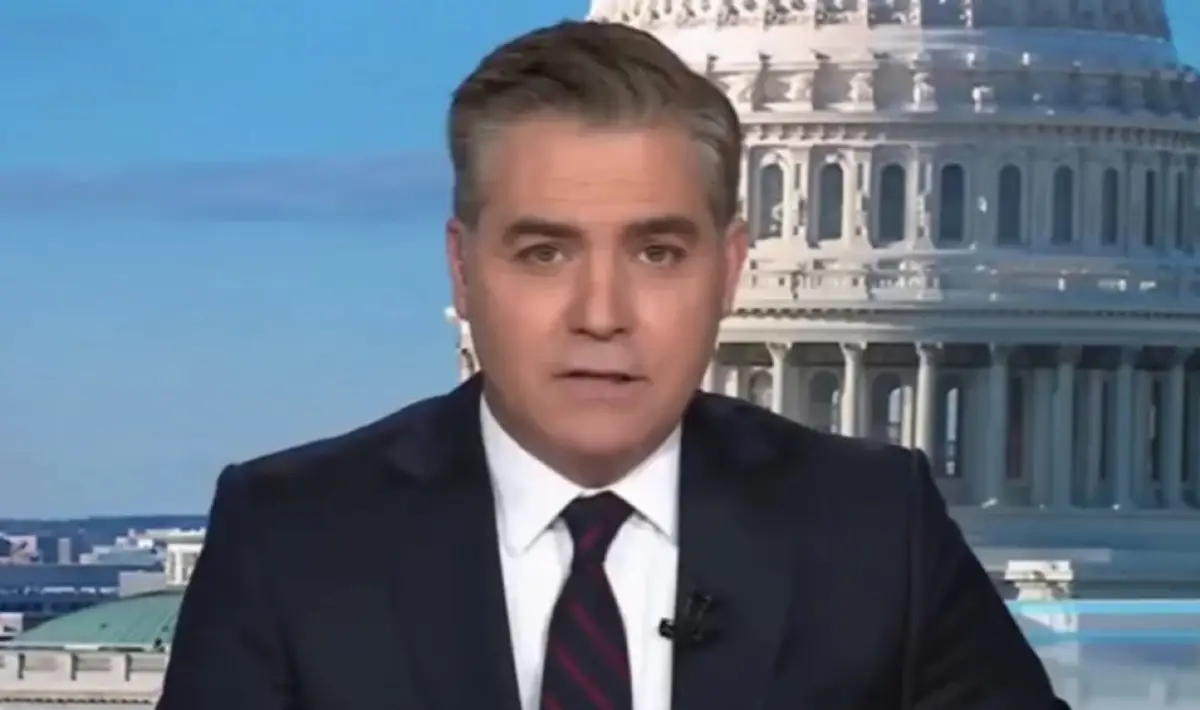CNN Shakeup: Jim Acosta Resigns Live on Air Amid Network Changes
In a surprising and highly publicized moment, longtime CNN anchor Jim Acosta made the decision to resign live on air during a broadcast. His departure has sparked debates about internal shifts at CNN and the broader challenges facing the media industry. Acosta’s resignation, which came after the network reassigned him to a late-night time slot despite his strong performance in the earlier time slot, has drawn significant attention from both viewers and journalists.
A Sudden Departure
Jim Acosta, a well-known face at CNN, chose to announce his resignation on live television, leaving viewers both shocked and thoughtful. Acosta, who had spent nearly 18 years with the network, used his final moments on air to speak candidly about his decision. “I’ve spent nearly two decades here bringing the news with integrity and passion,” he stated. “I can no longer be part of a system that compromises truth.” His resignation came shortly after CNN’s executives moved him to a midnight time slot, despite his long-standing popularity and high ratings in his previous role.
The Catalyst for His Decision
Acosta’s resignation is seen by many as a reaction to what they perceive as a broader shift within CNN’s programming. Critics point to the network’s changing editorial direction and the decision to reassign Acosta as an example of these changes. According to some insiders, this move represents a shift toward catering to broader political narratives, particularly in the way the network has been covering key events and figures. This decision, many believe, signals a departure from the network’s history of independent journalism. Acosta, known for his tough questions and commitment to truth, felt the change was incompatible with his values.
In his final appearance on CNN, Acosta made it clear that he would not conform to any expectations that compromised his journalistic integrity. His decision to leave was framed as a stand against forces that pressured him to adjust his reporting. In the eyes of many, his public resignation was a call for transparency and honesty in media.
Reaction and Public Response
Acosta’s resignation did not go unnoticed. The news immediately sparked discussions about the role of journalists in the modern media landscape and the impact of corporate decisions on journalistic freedom. Fellow journalists, as well as viewers, praised Acosta for his courage in standing up for what he believed in. His message resonated with those who fear that corporate or political pressures are eroding the independence of the media.
The situation was further complicated by the reactions of public figures. Acosta had long been known for his critical stance toward the political status quo, which naturally led to a mix of support and criticism. While some viewed his departure as a loss for the journalistic community, others recognized it as a significant moment for media integrity.
What It Means for CNN and the Industry
Jim Acosta’s departure marks a pivotal moment for CNN and the wider media world. His career at CNN had been built on his relentless commitment to reporting the facts, often in the face of strong opposition. For many, his resignation symbolizes a shift in the media landscape, where the challenges of balancing commercial success and editorial independence are becoming more pronounced.
For CNN, the decision to reassign Acosta raised questions about the direction the network was heading. Critics argued that this move represented a broader trend of adjusting coverage to align with commercial and political pressures. For viewers, Acosta’s resignation is not just a moment of loss but also a reminder of the importance of journalistic independence. His parting message to the audience—encouraging individuals to use their own voices to hold the powerful accountable—was a powerful reminder that the public plays a crucial role in ensuring truth is heard.
The Way Forward for Media
As the media industry navigates an increasingly complex environment, Acosta’s departure serves as a reminder of the importance of holding on to the core values of independent journalism. Media outlets, including CNN, face the difficult task of balancing internal priorities and external pressures while maintaining credibility and trust with their audiences. Acosta’s message encourages both journalists and viewers to remain vigilant and to stand up for the truth, no matter the circumstances.
Acosta’s legacy, marked by his fearless questioning and dedication to journalism, will likely continue to influence the media industry. His resignation serves as a call to action, urging all media outlets to stay true to the values of truth, transparency, and accountability, regardless of the challenges they may face.
Conclusion: A Moment of Reflection
Jim Acosta’s live resignation was not just a personal decision but a significant moment for the media world. It highlighted the pressures faced by journalists in today’s media landscape and the importance of maintaining editorial independence. Acosta’s legacy as a defender of truth and journalistic integrity will continue to resonate, reminding both journalists and audiences of the critical role the press plays in society. His farewell was a bold statement that the press must remain committed to transparency, accountability, and the pursuit of truth—no matter the challenges it may face.
